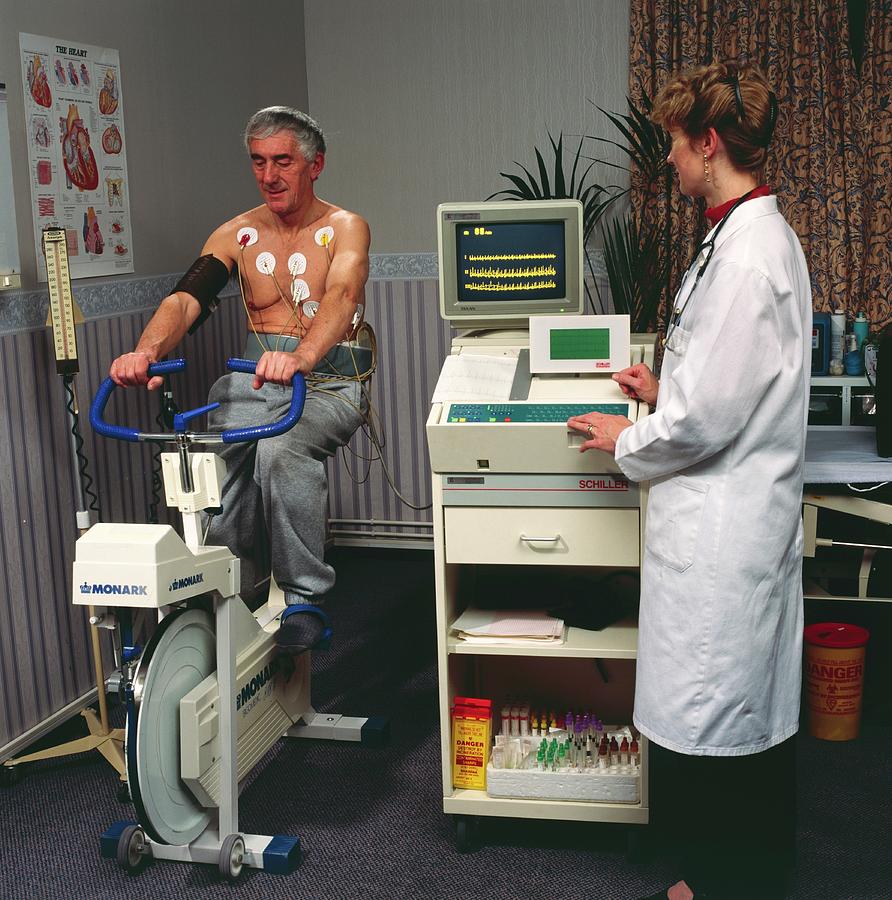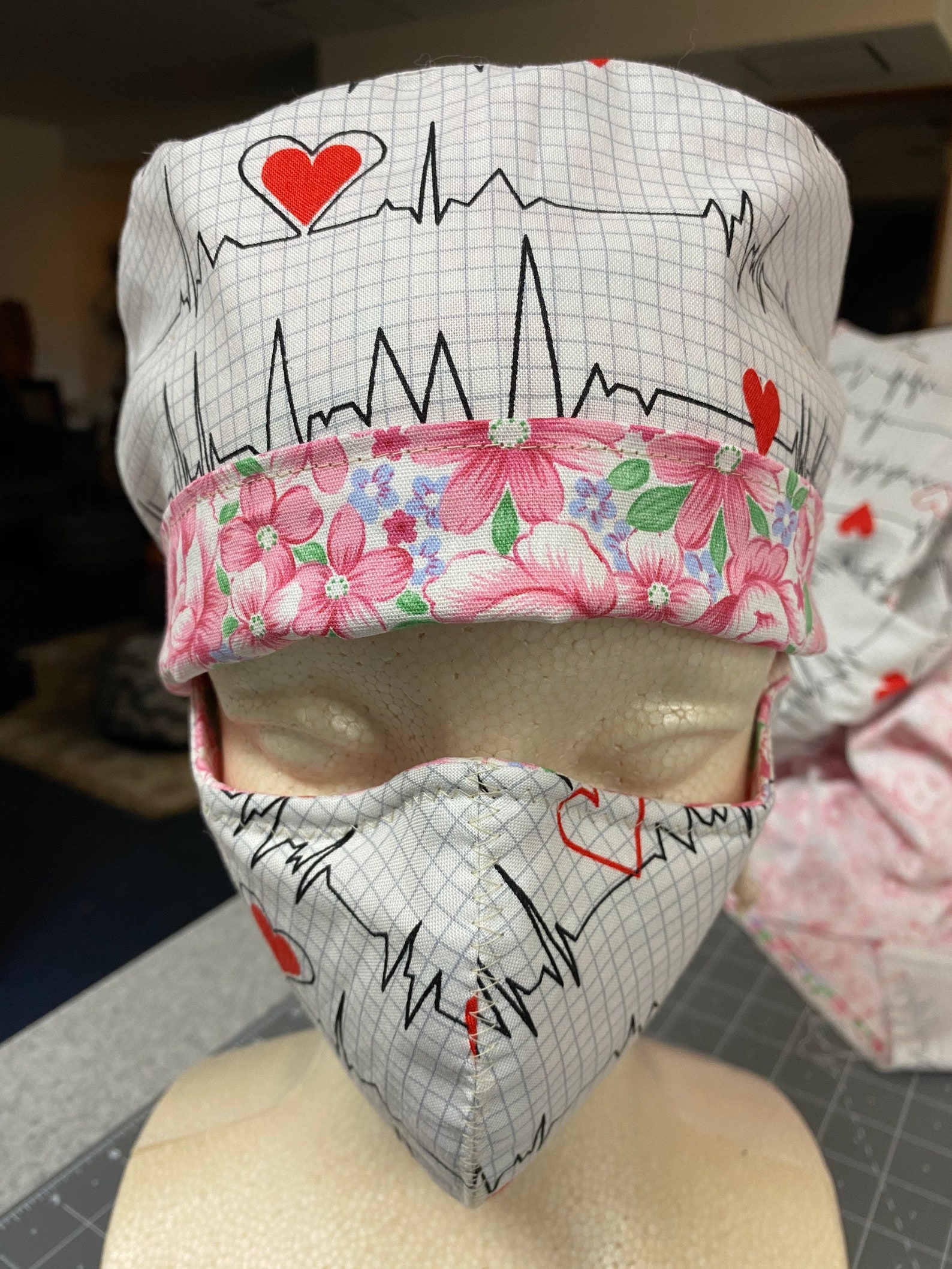
Unfortunately, to the frustration of parents and doctors, there is no specific test for myocarditis. It can also be diagnosed retrospectively in adulthood with abnormal heart rhythm or an enlarged heart. Myocarditis is sometimes diagnosed in retrospect when the child has an abnormal heart rhythm or is critically ill. The signs and symptoms of myocarditis are subtle early in the illness therefore, it is not unusual for myocarditis to go unrecognized. There may be belly pain and nausea due to swelling of the liver.ĭue to poor blood flow, the liver and kidneys may be injured.

Some children who have congestive heart failure may also have swelling in the face, feet or the legs. They may not be able to tolerate exercise or may complain of chest pain or palpitations (skipped or extra heartbeats). They may complain of a flu-like illness with of fatigue, malaise and fever. In older infants, the findings are similar but there may be an associated weight loss due to trouble feeding. There may be fever or other evidence of infection. The kidneys may also not work properly and there will be less urine produced. They can be very fussy and difficult to console or very tired and sleep more than normal.īlood will not travel through the body as well, and infants may have cool, pale hands and feet. They are often breathing fast and having trouble feeding. This is thought to be due to the immaturity of a baby's immune system.Ī child may get an infection during pregnancy (Rubella, for example) when it travels from the mother to baby. Clinical experience has shown the severity of symptoms or illness usually depends on the age of the child.Ĭhildren over 2 years of age may have fewer symptoms than newborns and infants who are usually more severely affected. The symptoms of myocarditis may be subtle, making the diagnosis difficult, or the child may have obvious symptoms of heart failure. It is not unusual for someone who has severe myocarditis to suffer from other problems such as liver or kidney failure, as well. This is often referred to as congestive heart failure. If this process is extensive and a large portion of the heart is involved, the heart's ability to pump blood is impaired.Īs a result, the key organs and tissues in the body do not get enough oxygen and nutrients and cannot get rid of waste products. All four chambers of the heart may be affected and become enlarged.ĭamaged muscle cells may heal over time or there may be cell death followed by scar formation. There is thickening and swelling of the heart muscle. These immune cells become activated and produce chemicals that can cause damage to the heart muscle cells. The inflammatory process begins when the body's immune cells (the cells that fight infection) actually penetrate the heart tissue. The reason for getting an abnormal immune response under these conditions is not as well understood.

Many drugs used for chemotherapy and certain antibiotics in rare cases can cause an immune response similar to what is seen with viral infections.Ĭhildren with diseases such as lupus, rheumatoid arthritis, ulcerative colitis, and scleroderma (diseases that involve inflammation of many different organs of the body) may also develop myocarditis, but this is rare. There are other triggers for myocarditis. Often, the more heart muscle that is damaged, the more severe the symptoms. The abnormal immune response may be confined to a small area or involve a large portion of muscle tissue. It is unclear why this happens in some children. Most of the damage to the heart is caused by the body’s immune reaction to the germ, and not by the germ itself. In some children, this response is over-aggressive so that not only the germ is destroyed, but the heart cells themselves may be damaged. Normally, the immune system will go to the site of the infection to get rid of the germ. It may cause some cell damage as it spreads from one cell to another. It grows and reproduces within the heart.

The germ enters the body and travels through the bloodstream to the heart. When myocarditis is caused by an infection, the germ first infects the heart.

It is important to recognize that even though a child may have one of these infections, it is rare to develop myocarditis. Rarely, bacteria such as those causing Lyme disease, Rocky Mountain spotted fever, or toxic shock syndrome, or fungus or parasites can cause myocarditis. Viruses such as rubella, rubeola and HIV.In children, viral infections are the most common causes for myocarditis.


 0 kommentar(er)
0 kommentar(er)
